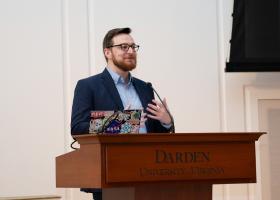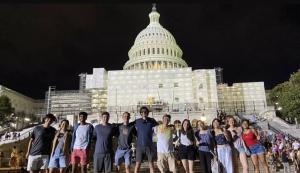
About the Program
The Policy Internship Program (PIP) is a unique combination of coursework and real, hands-on internships with policymakers in Washington DC that focuses on science and technology.
Engineering has always been at the forefront of innovation and shapes the world from optimizing renewable energy solutions for sustainable living to creating cutting-edge artificial intelligence systems that redefine the way we interact with technology. However, the importance of science and technology in the policy realm is often underappreciated.
The Policy Internship Program will help you navigate the intricate interplay between policy decisions and engineering.
-
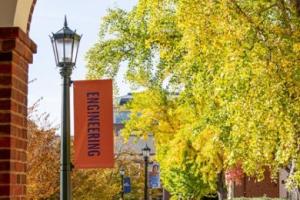
Applying to PIP
The deadline to apply is for early decision is September 15, 2025. Late decision deadline will be October 15, 2025 to become a program intern. Students will be invited to interview as soon as October 1st and then may be notified about acceptance into the program by December 1, 2024.
Start your APPLICATION now.
-
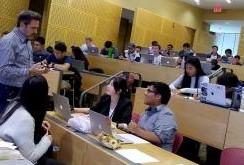
Coursework
The program begins with a 3-credit Spring course in Science and Technology Policy (STS 3020), which provides preparation for the summer through an introduction to policy analysis. The course prepares you to investigate how science and technology can address societal needs in an ethical manner, examining critical national and international science, engineering, and technology issues.
-
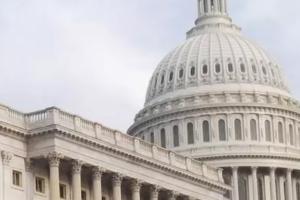
Summer Internships
Students spent 10 weeks learning communications and policy analysis skills during a hands-on internship alongside high-level science and technology policymakers in Washington, D.C.
Contact Us

Rider W. Foley
Dr. Rider W. Foley is an associate professor in the science, technology & society program in the Department of Engineering and Society at the University of Virginia. He is the principal investigator at University of Virginia on the ‘4C Project’ on Cultivating Cultures of Ethical STEM education.
Expand your Network
Over 180 UVA Engineering students have had the opportunity to collaborate with prestigious organizations in Washington DC to contribute to research decisions that shape national policies on healthcare, innovation, sustainability, energy, information technology, and national security, and more.

We welcome you to become part of a dynamic network dedicated to driving positive change through the intersection of policy and engineering.
